Menstrual Cramps: When should you visit the gynecologist?
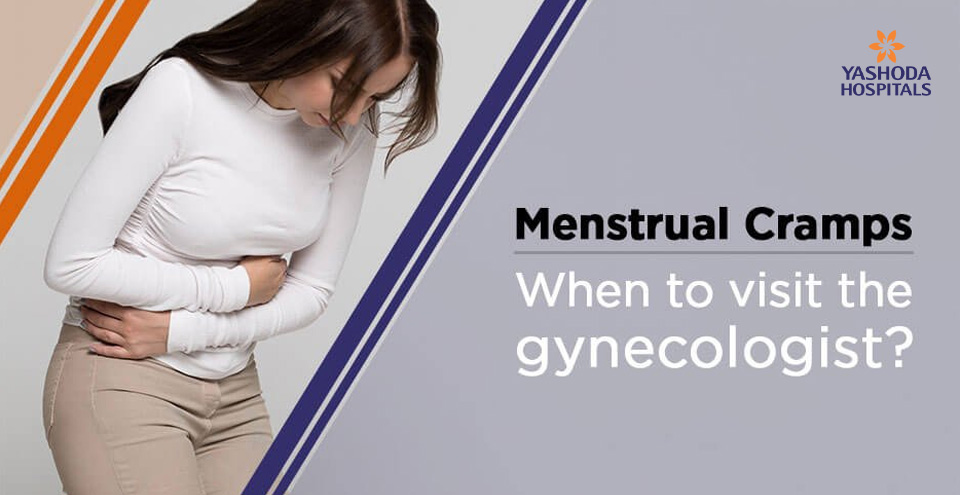
At a Glance:
1. What are menstrual cramps or dysmenorrhea?
2. What causes menstrual cramps during periods?
3. Are menstrual cramps normal?
Menstrual cycle is mother nature’s way of helping a woman detoxify regularly. Menstruation unifies every woman, yet every one of them experiences it differently. For some women period cramps are unbearable that getting out of bed is an ordeal, while for others cramps can easily be ignored that they might just be ready to run a marathon. Needless to say, experiencing that familiar twinge is the sign of a menstruation or periods for all. Being a woman there is always so much to take care of. We at Yashoda Hospitals encourage you to keep a track of your periods and do not hesitate to consult the best gynecologist in Hyderabad. Read more to know about menstrual cramps and when to consult a gynecologist.
The menstrual cycle is Mother Nature’s way of helping a woman detoxify regularly. Menstruation unifies every woman, yet every one of them experiences it differently. For some women, period cramps are so unbearable that getting out of bed is an ordeal, while for others, cramps can easily be ignored and they might just be ready to run a marathon. Needless to say, experiencing that familiar twinge is the sign of menstruation or periods for all. Being a woman, there is always so much to take care of.
Track your periods and consult top gynecologists in Hyderabad at Yashoda Hospitals. Learn about menstrual cramps and when to seek help.
What are menstrual cramps or dysmenorrhea?
The discomfort in the form of pain that women experience during their menstrual cycle or periods is known as dysmenorrhea or menstrual cramp. Sometimes these menstrual cramps can interfere with school, work, and social activities; in such cases, women should seek medical help. The throbbing or cramping pain caused during periods can differ from mild to severe and can spread to the lower belly, back, and thighs, which may also cause headaches, nausea, dizziness, fainting, constipation, diarrhea, and disruptive mood swings.
What causes menstrual cramps during periods?
During menstruation, the hormone prostaglandin causes the uterus to contract and shed the lining, which is noticed as cramps. When the menstrual cycle is about to begin or even during the cycle, the lining of the uterus produces a hormone called prostaglandin.
According to the American College of Obstetricians and Gynecologists, period pain can often be managed without any intervention, but those women who experience severe and painful menstrual cramps will need medical treatment for pain relief.
Are menstrual cramps normal?
Every woman experiences menstrual cramps differently. Almost all women experience menstrual cramps during their periods. The severity of period cramps reduces significantly with aging. At any point, if you are experiencing unmanageable pain or unusual bleeding, you must seek help from a gynecologist near you. Menstrual cramps may worsen due to fibroids, pelvic inflammatory disease, adhesions, ovarian cysts, endometriosis, or the use of IUD birth control devices. After a thorough examination, a doctor for periods problems would suggest appropriate treatment, ruling out any exceptions.
Ever wonder which doctor to consult for periods problems? Consulting a gynecologist is typically the best course of action. They specialize in women’s reproductive health and can provide comprehensive care and treatment options tailored to your specific needs.

What are the other causes of menstrual cramps or dysmenorrhea?
Menstrual cramps can be caused by:
- Endometriosis: The tissues lining the uterus (endometrium) start to grow outside the uterus, most commonly on the fallopian tubes, ovaries, or the tissue lining your pelvis.
- Uterine fibroids: Noncancerous growths in the wall of the uterus can cause pain.
- Adenomyosis: When the tissue that lines your uterus (endometrium) begins to grow into the muscular walls of the uterus,.
- Pelvic inflammatory disease: A sexually transmitted bacteria causes infection in the female reproductive organ.
- Cervical stenosis: Some women have a small cervical wall that impedes menstrual flow, causing painful cramps.
When should I see a gynecologist for my period pain?
Menstrual cramps are normal during the reproductive years. If you have started puberty just now or if you are bleeding heavily or irregularly, spotting between periods, having irregular cycles, having pain at times beside your period, or finding it difficult to get pregnant, you must visit a gynecologist. If you experience these symptoms, then consider consulting a gynecologist for your menstrual cramps.
- If menstrual cramps make it difficult for you to perform everyday activities,.
- If the cramps last for more than 2 to 3 days,
- If the pain is radiating to your lower back and thighs,
- If the pain is caused by heavy flow,
- If the pain causes any kind of headache or dizziness,
- If there is abnormal vaginal bleeding,
Menstrual cramps don’t cause any other medical condition but can really interfere with the daily activities of a woman’s life. It is always advisable to keep in touch with a gynecologist and get checkups done regularly.
Reference:
- Menstrual Cramps https://www.mayoclinic.org/diseases-conditions/menstrual-Cramps /symptoms-causes/syc-20374938
- https://www.healthpartners.com/blog/when-to-see-a-doctor-for-menstrual-Cramps /
- https://www.acog.org/Patients/FAQs/Dysmenorrhea-Painful-Periods?IsMobileSet=false
- https://www.webmd.com/women/features/period-problems-what-they-mean-when-to-see-doctor#1
- https://www.uwhealth.org/health/topic/symptom/menstrual-Cramps /mencr.html






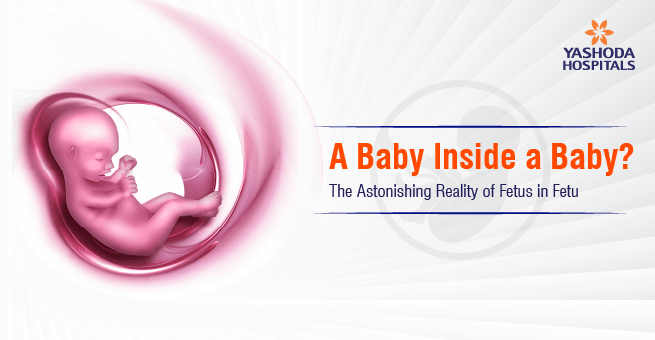
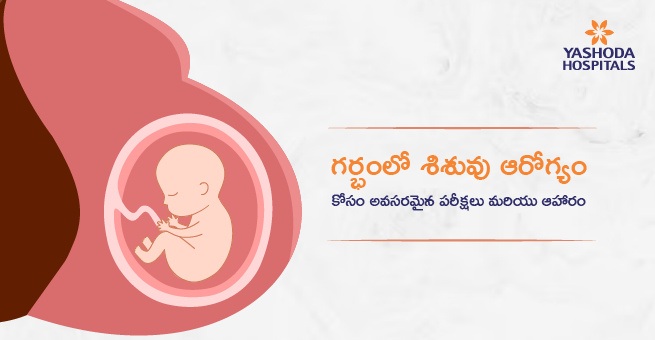
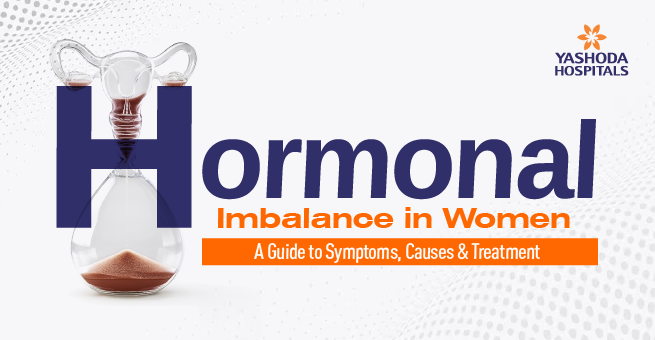


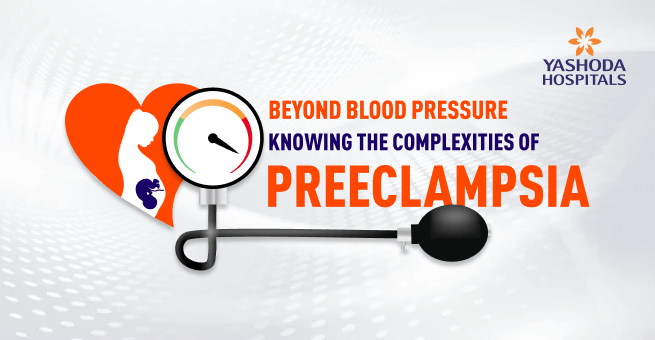

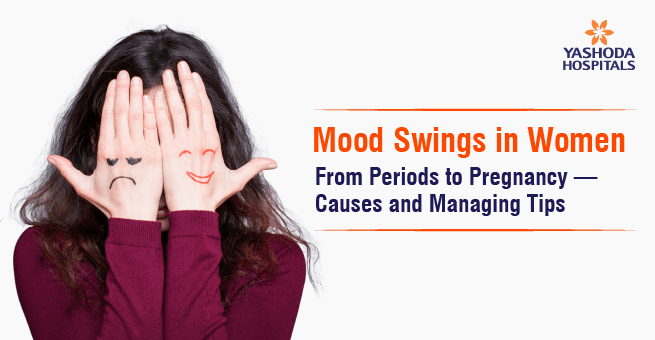
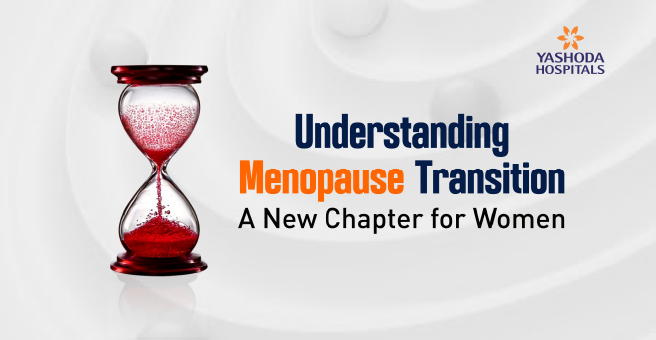



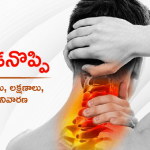
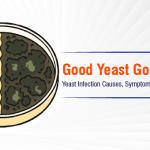

 Appointment
Appointment WhatsApp
WhatsApp Call
Call More
More